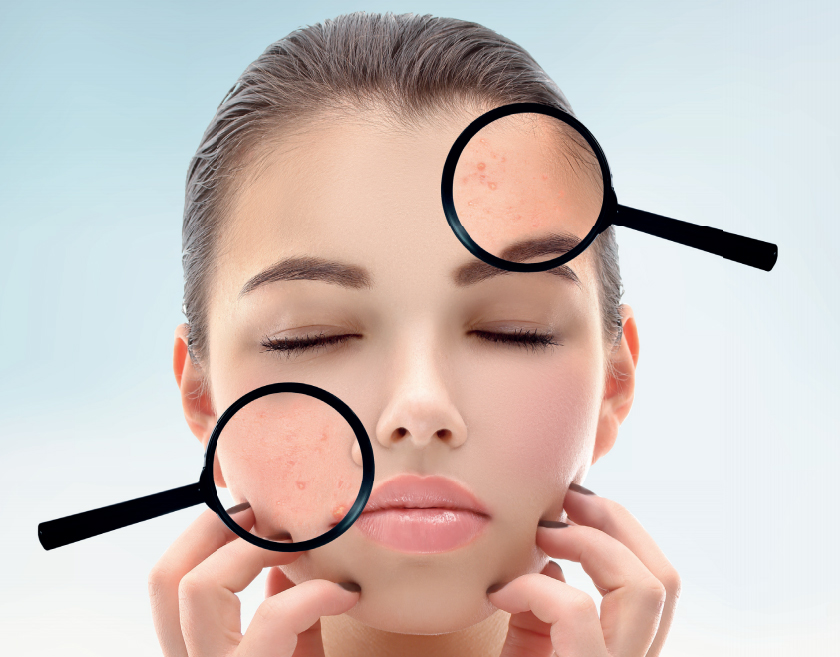
You have tried all the acne treatment and daily skincare routine recommended by beauty bloggers to get rid of those dreadful acne on your face, yet it still stubbornly remains with you. Worst of all, they left behind depressed scars after the inflammation is gone. If your acne condition is already causing an emotional toll and damage to your self-esteem, it is time to seek professional treatment and show those acne who is the boss! Dermatologist, Dr Wong Su-Ni share how to fightback at acne.
Acne is an annoying skin problem that most often affects adolescents, and it can affect the adults too. “Acne most often affects the adolescents, starting in preteens and lasting into the early 20s. About one-quarter of adult women will continue to have adult acne after adolescent acne subsides, and women who did not have it as teenagers can also develop it, particularly in the 30s and 40s when hormone levels begin to change,” said Dr Wong Su-Ni, dermatologist from Dr SN Wong Skin, Hair, Nails & Laser Specialist Clinic at Mount Elizabeth Medical Centre.
Acne refers to clogged pores (blackheads and whiteheads), pimples (papules and pustules), and even deeper lumps (cysts or nodules) that typically occurs on the face, neck, chest, back and shoulders. Acne are usually caused by overproduction of sebum in certain skin pores, blocked pores either from skin cells that behave abnormally or cosmetic products and creams which blocked the pores. It can also be caused by bacteria on the skin that loves to hang out in the excess sebum that accumulated under the blocked pores, causing angry red and pus-filled acne.
Dr Wong explained: “Many factors can trigger acne flare-up, for example, hormones due to stress or hormones fluctuation during or before menstruation, certain cosmetic products, certain medication like steroids, high humidity, family history of severe acne and diet high in refined carbohydrates and sugar.”
COMBATING ACNE
Dr Wong emphasized that a multi-pronged approach is important to reduce physical impact and psychological burden of acne. It is important to treat acne early to prevent scarring; treat it adequately and seek medical help; and treat scars after the acne is brought under control.
Acne are treated depending on the severity of acne and types o lesion present. After assessment, your dermatologist will prescribe pharmaceutical skincare product, oral tablets or acne creams to treat acne and reduce inflammation. Once the acne is cleared, acne scars are then treated by physical treatments such as laser resurfacing, fractional ablative radiofrequency, scar excision, subcision or filler injections alone or in combination depending on the type of acne scar.
Last but not least, Dr Wong shared some important tips to combat acne so that you do not have to suffer in silence. “Besides good facial hygiene,” said Dr Wong, “treat acne early to prevent scarring. For cases that involve many red or pus-filled pimples and numerous comedones, seek help from dermatologist if you think the current treatment is not working after a reasonable length of time.”







